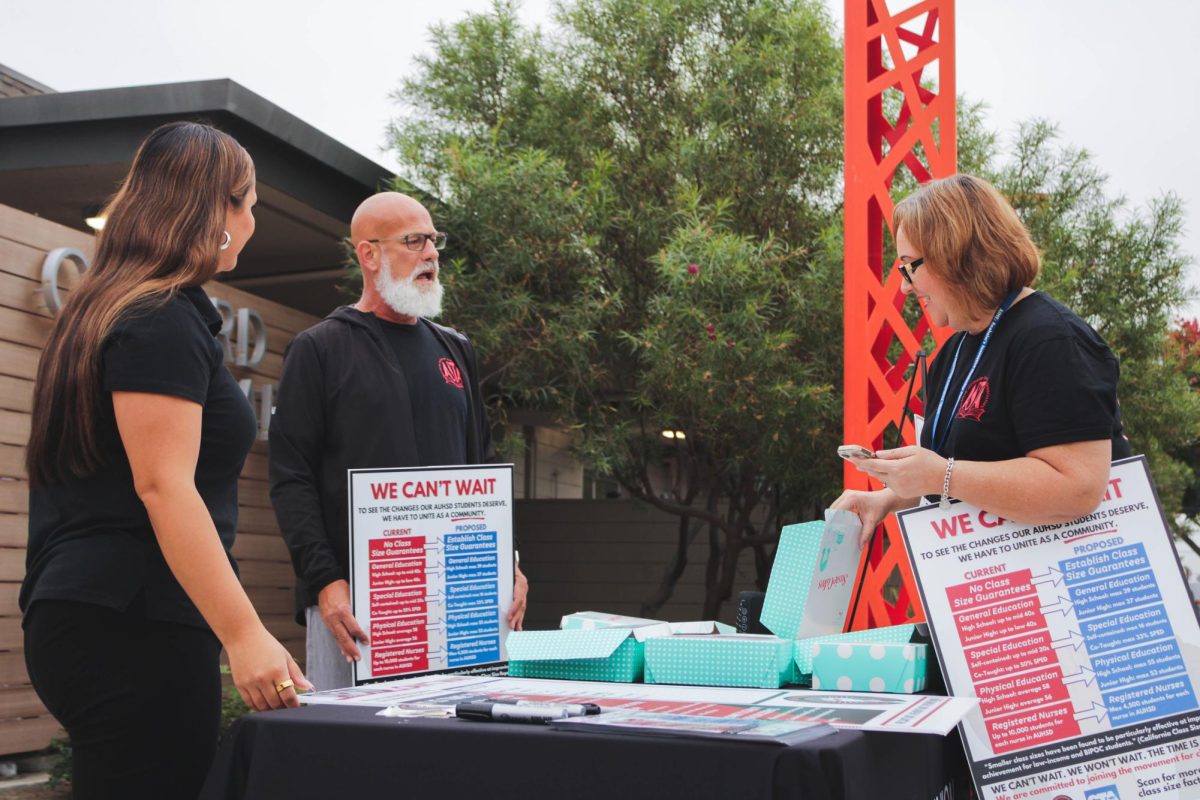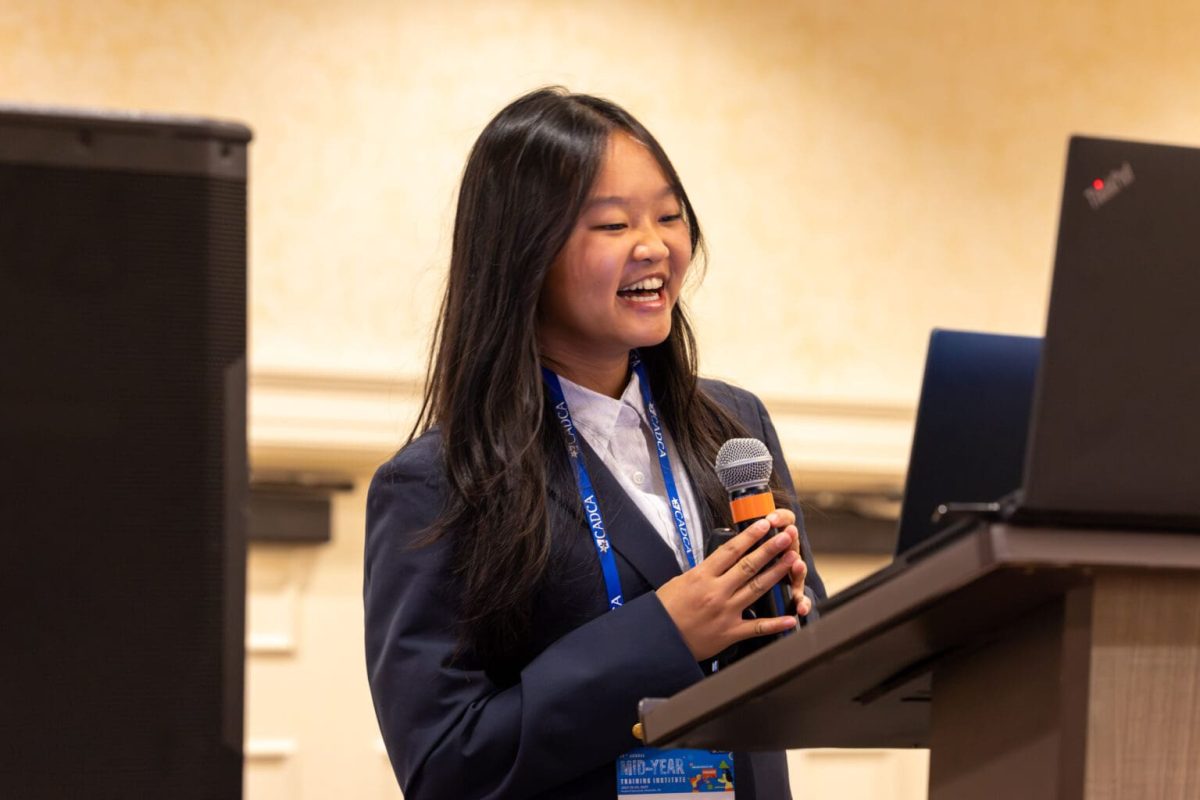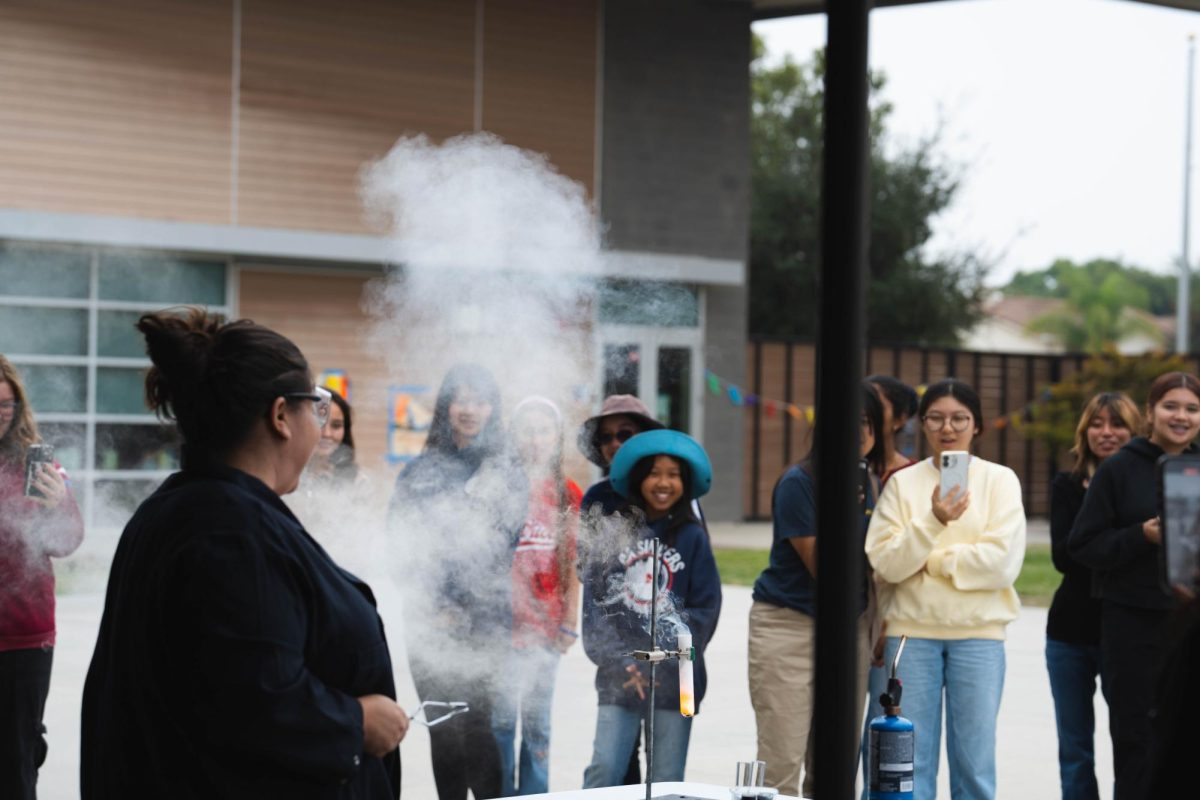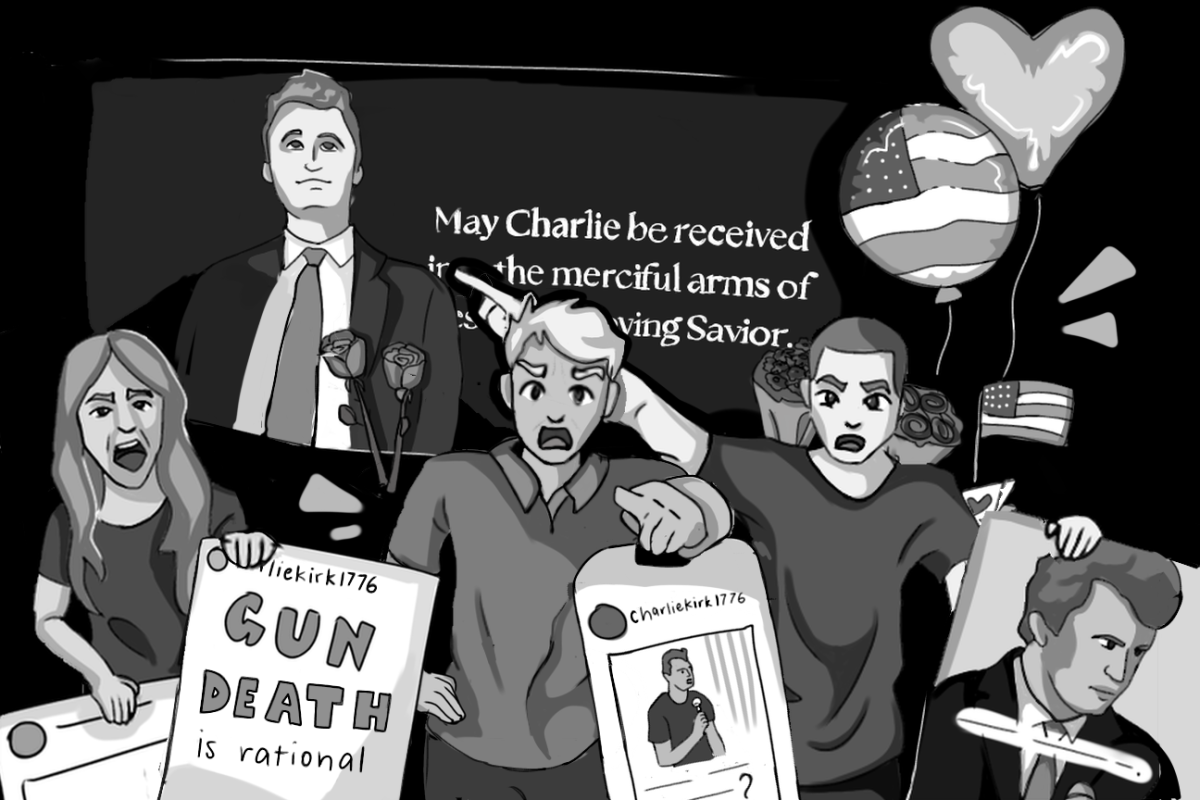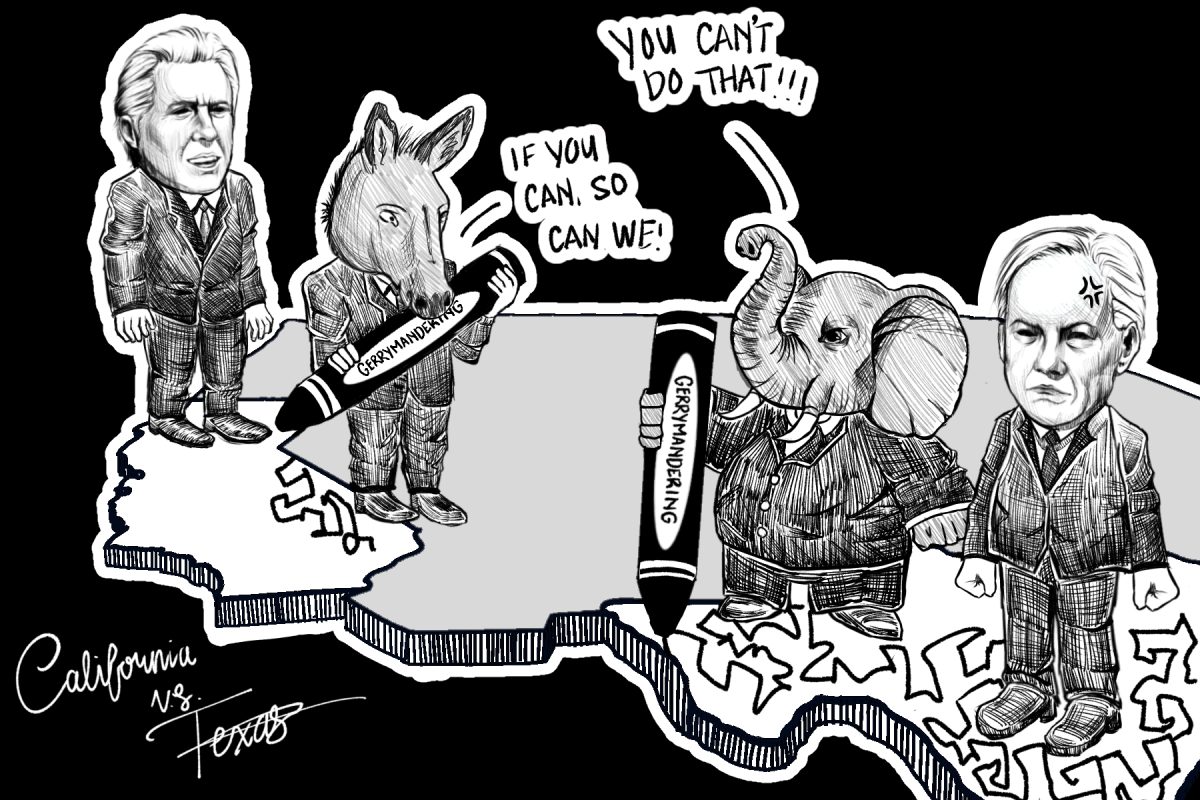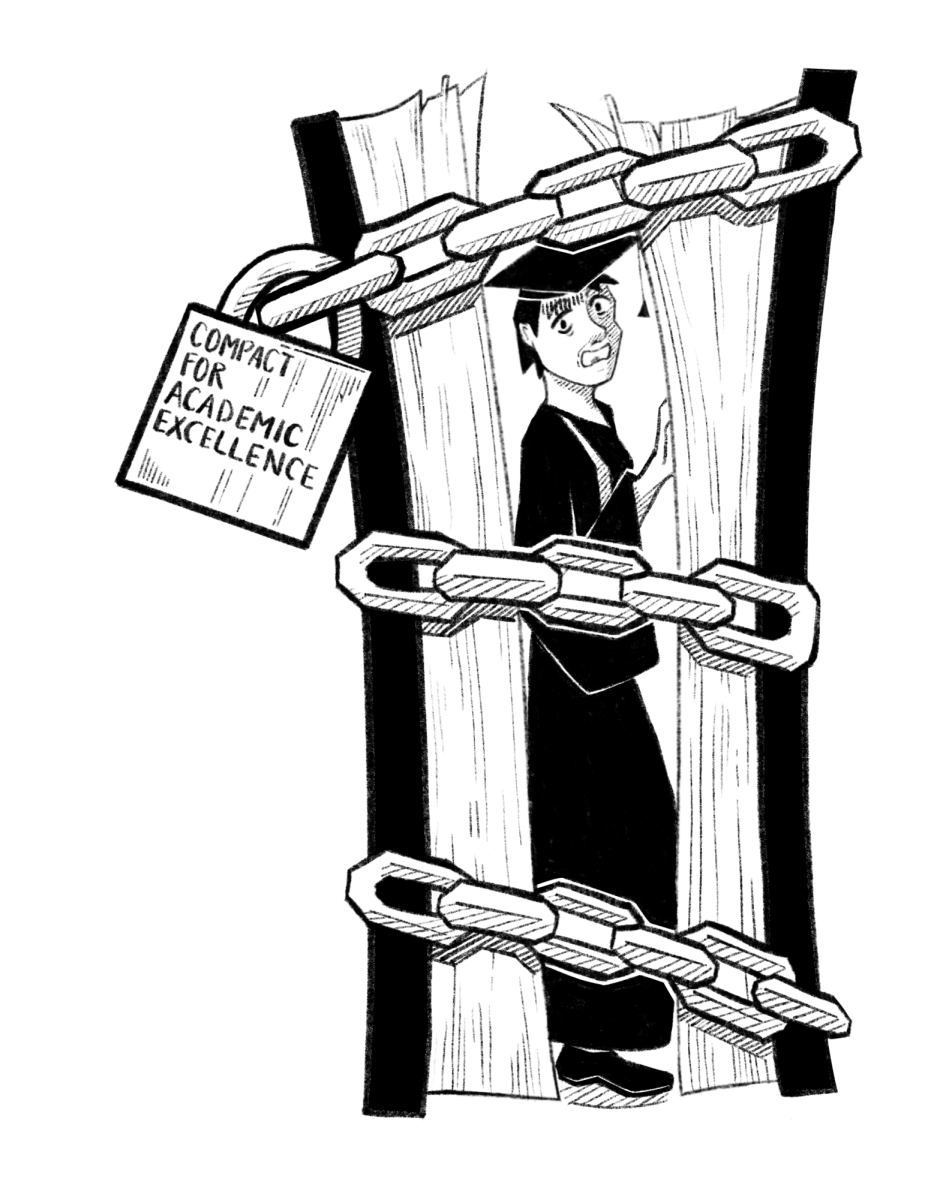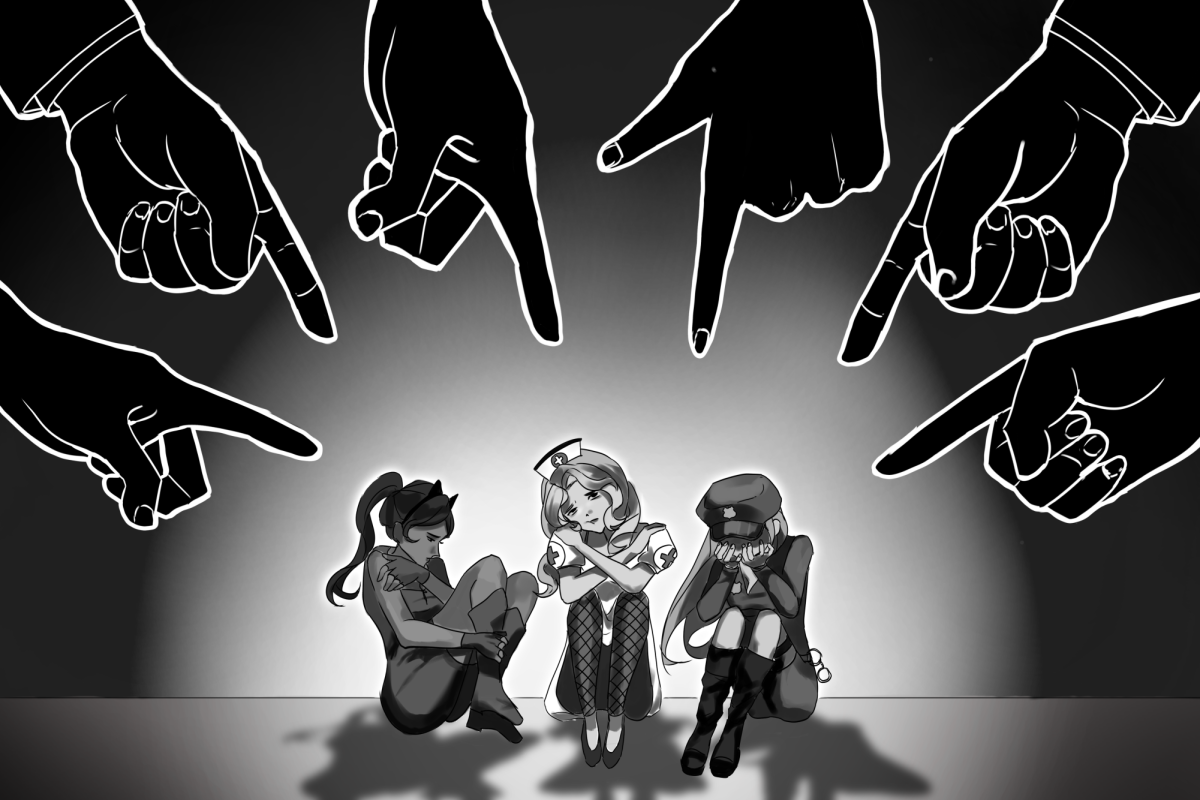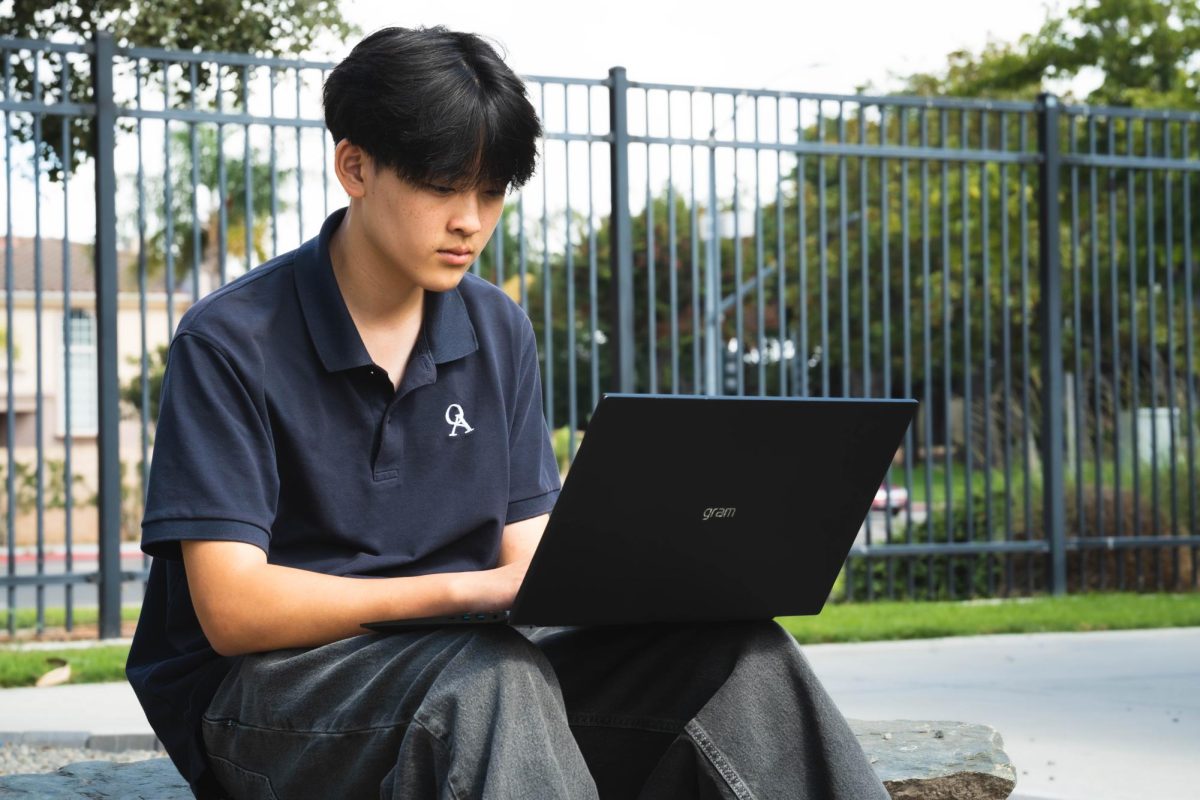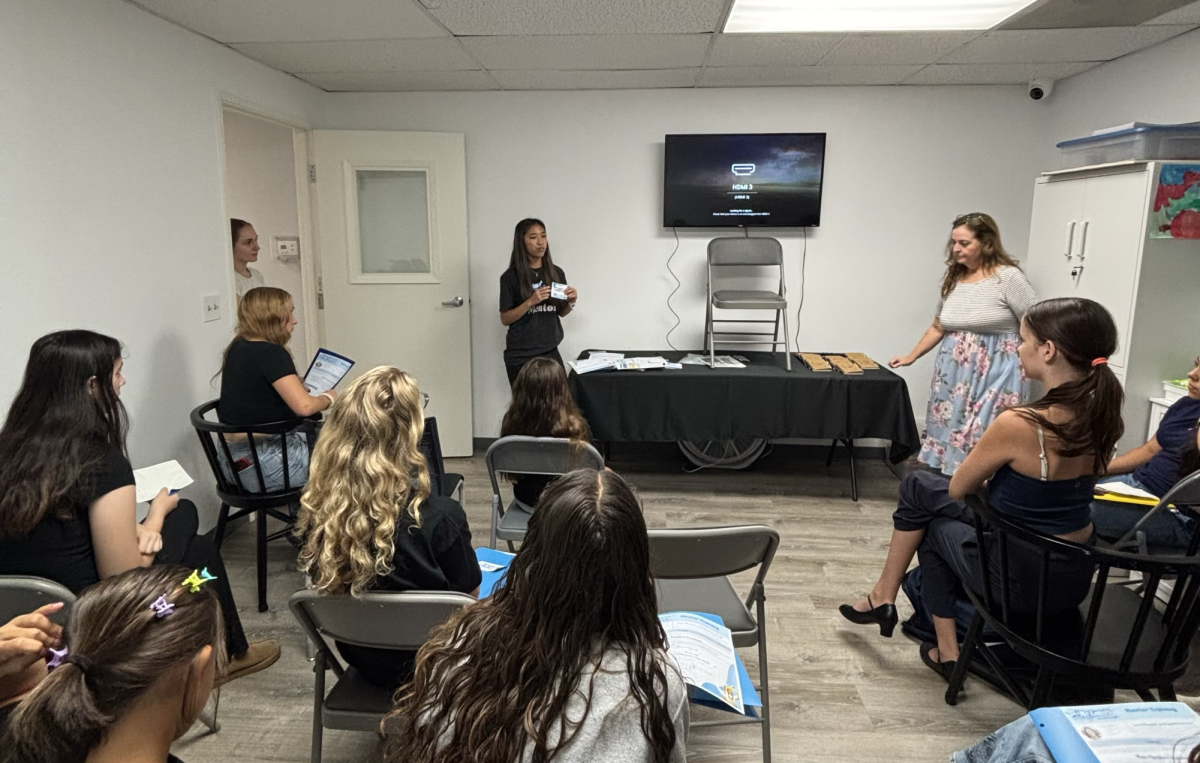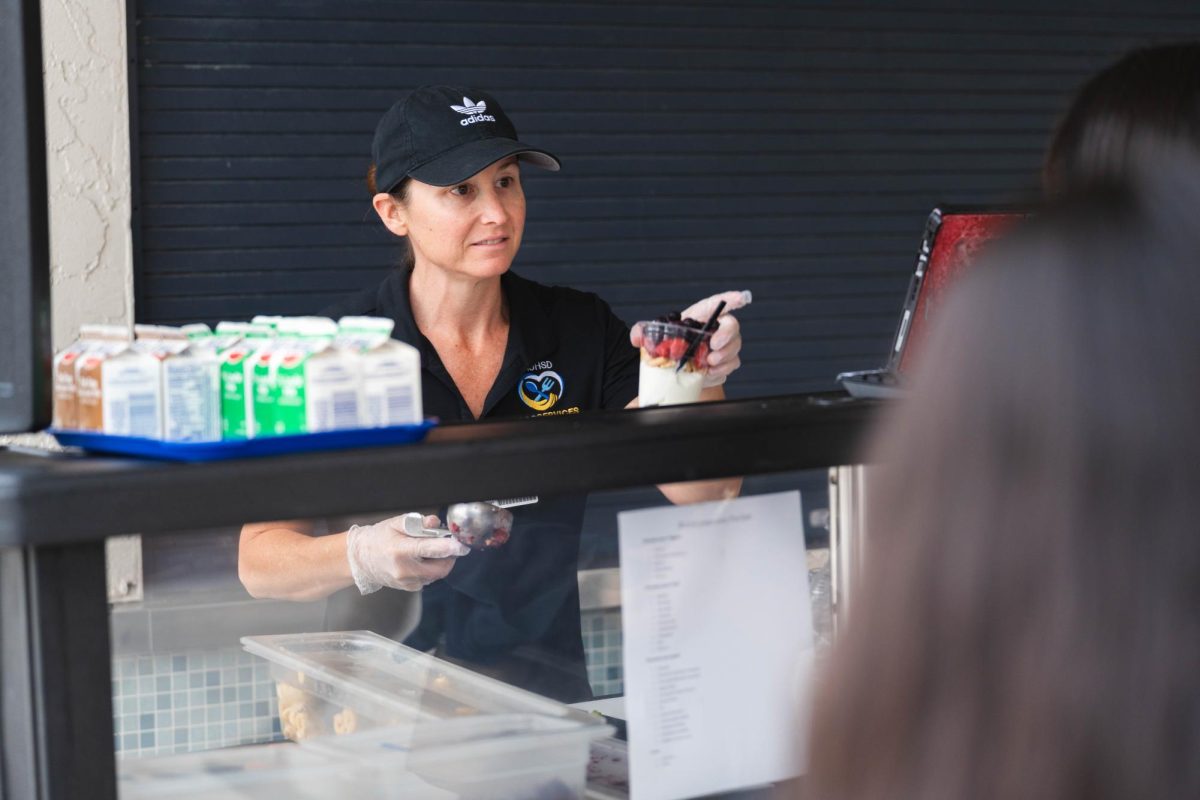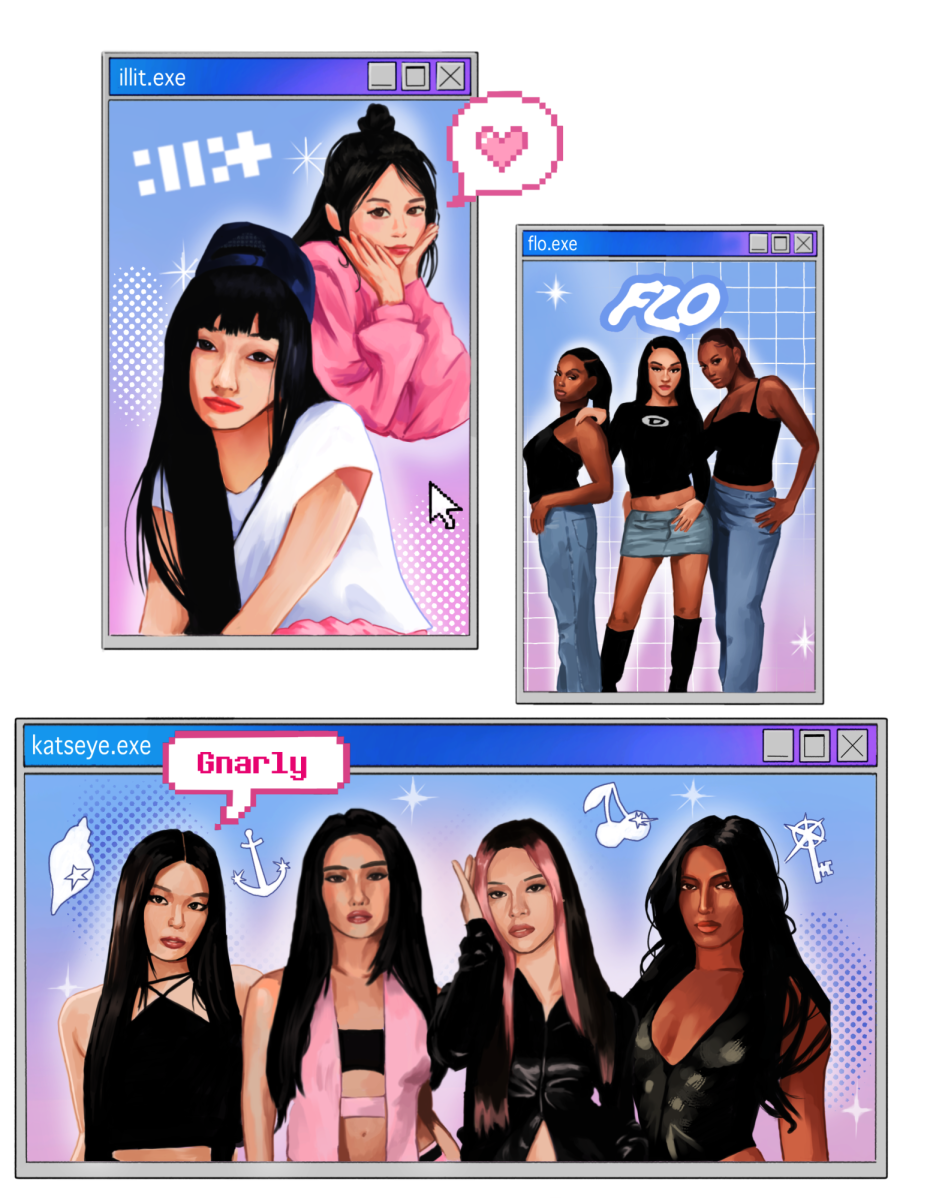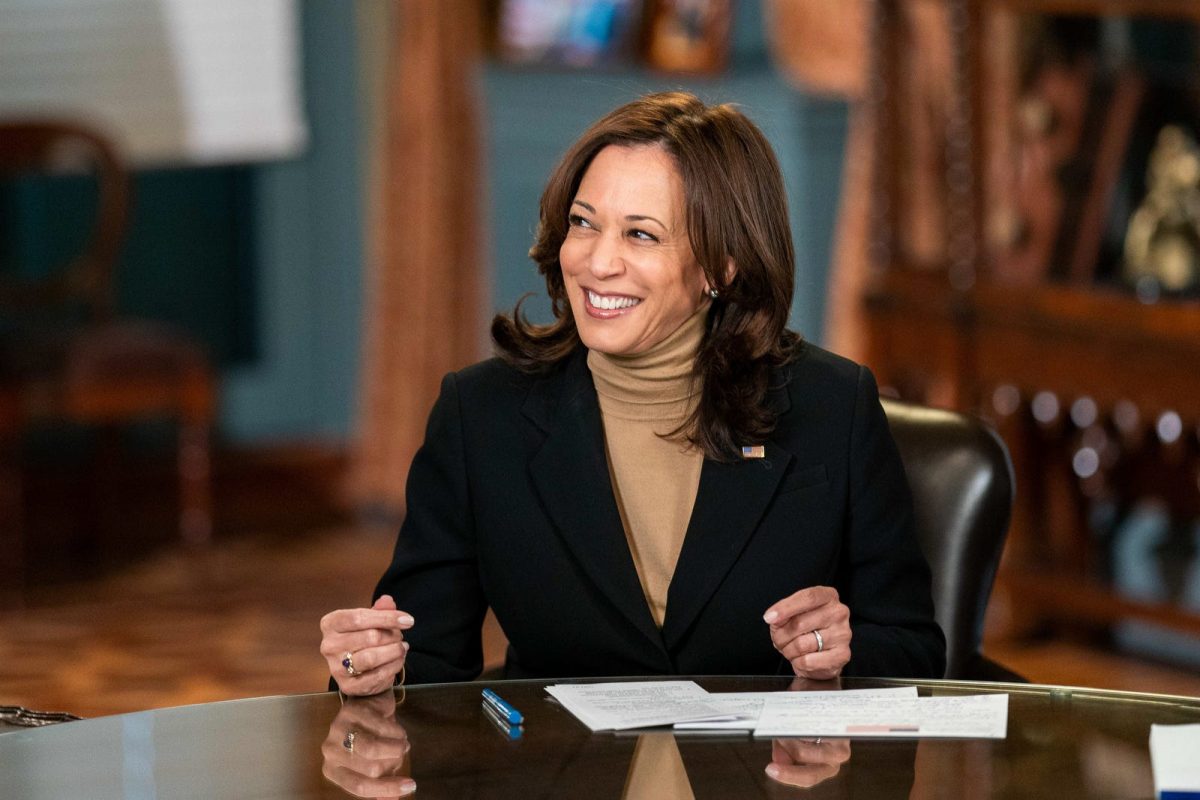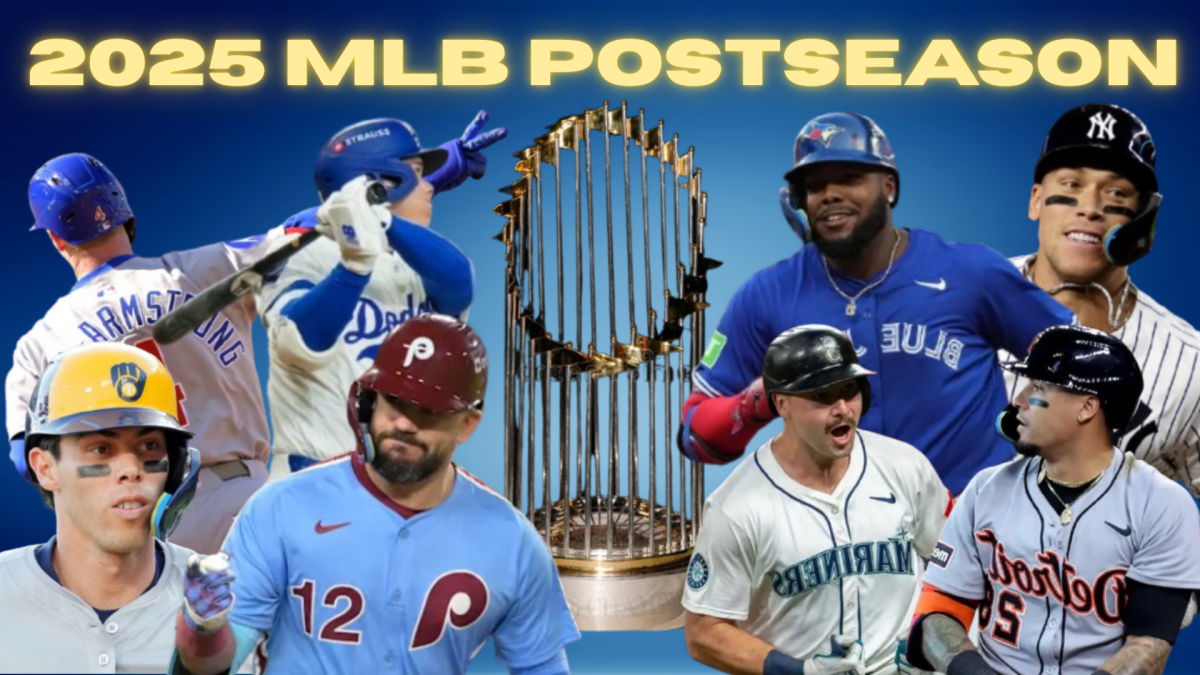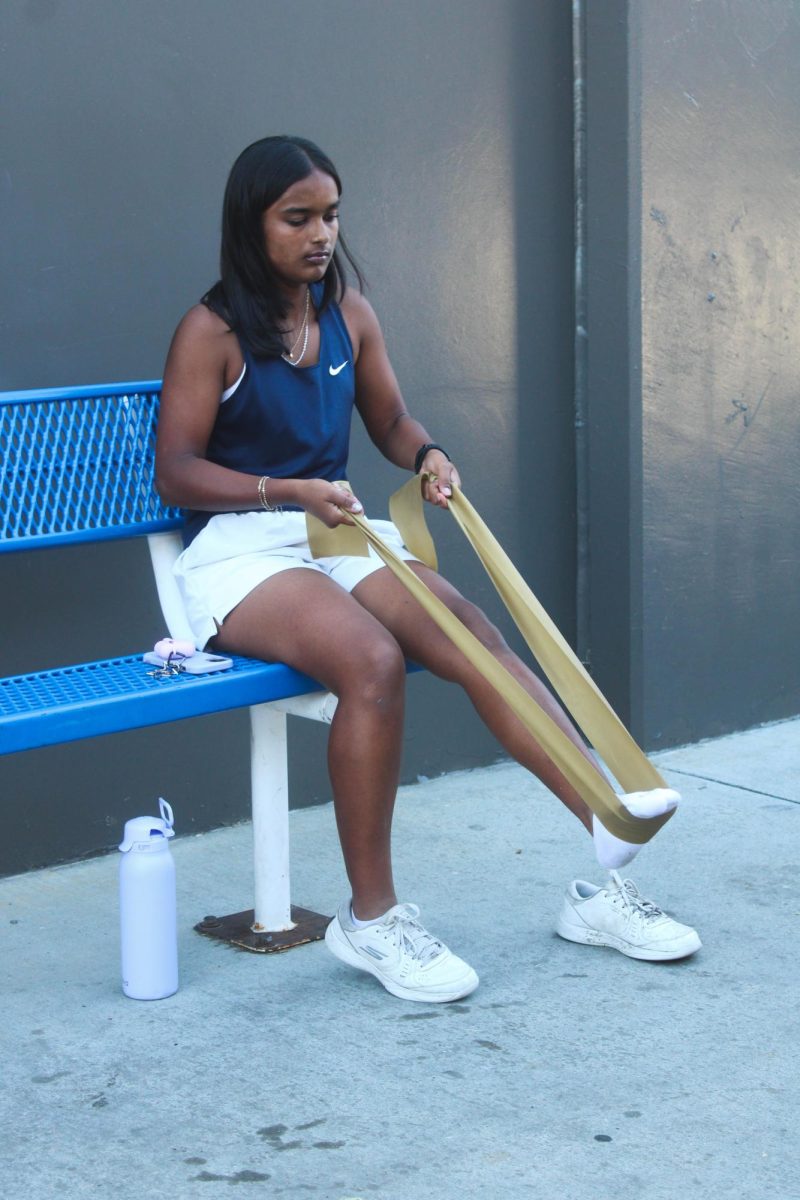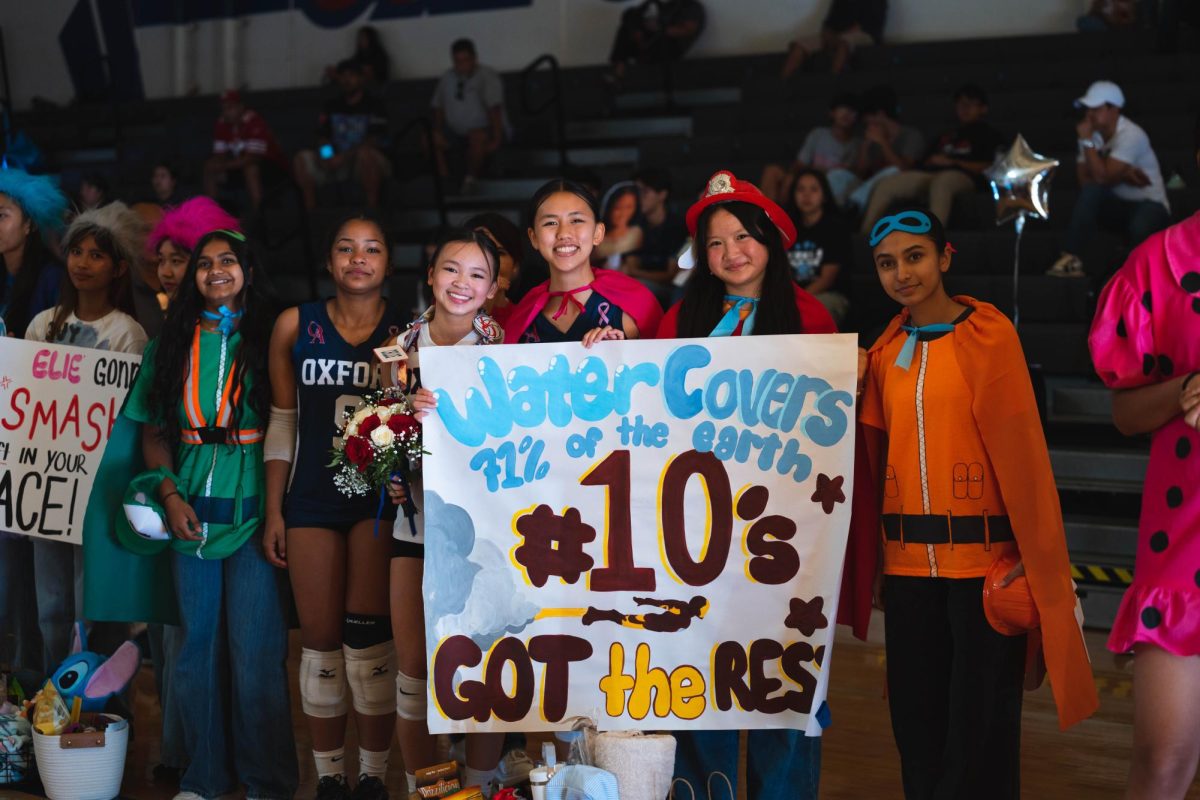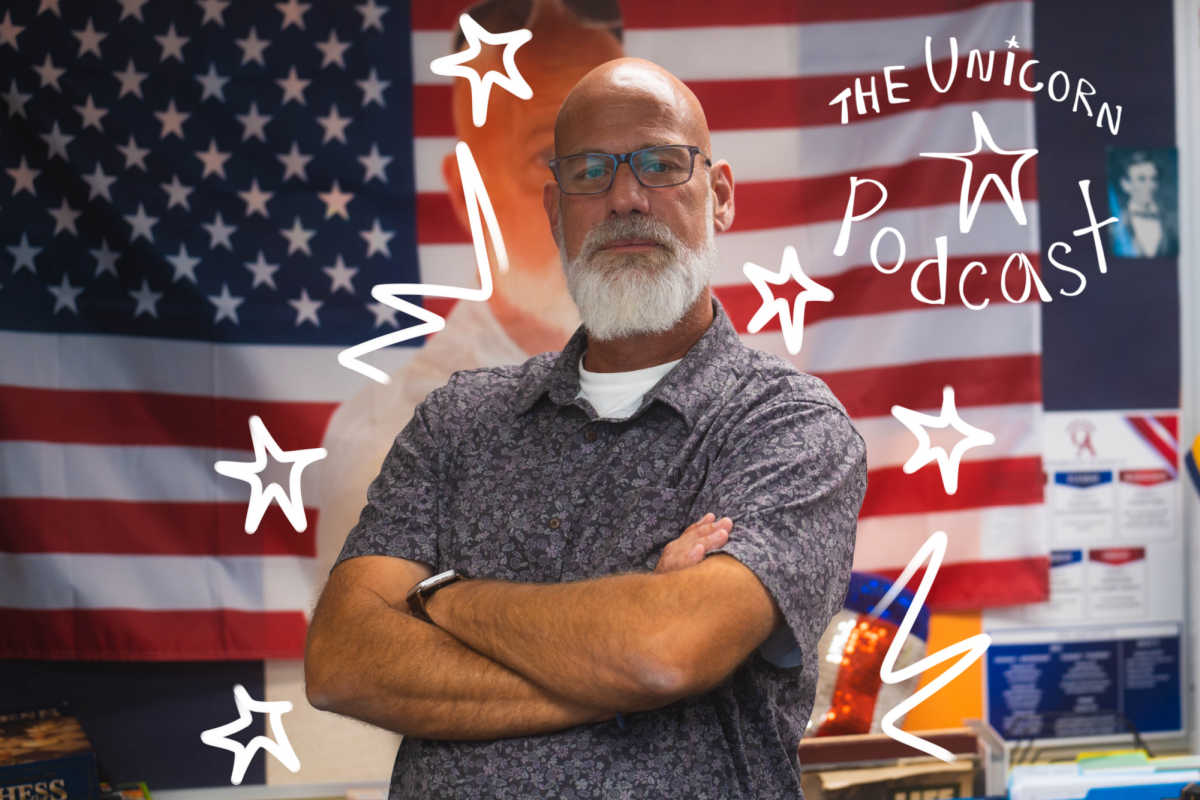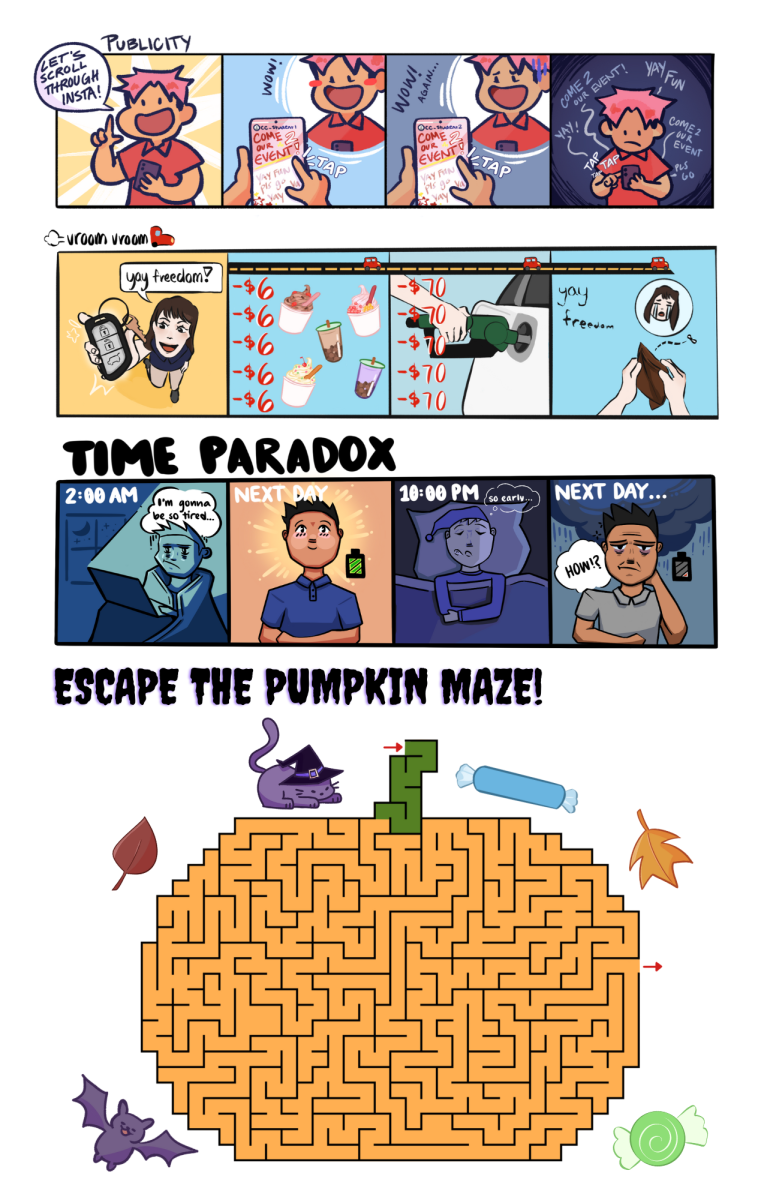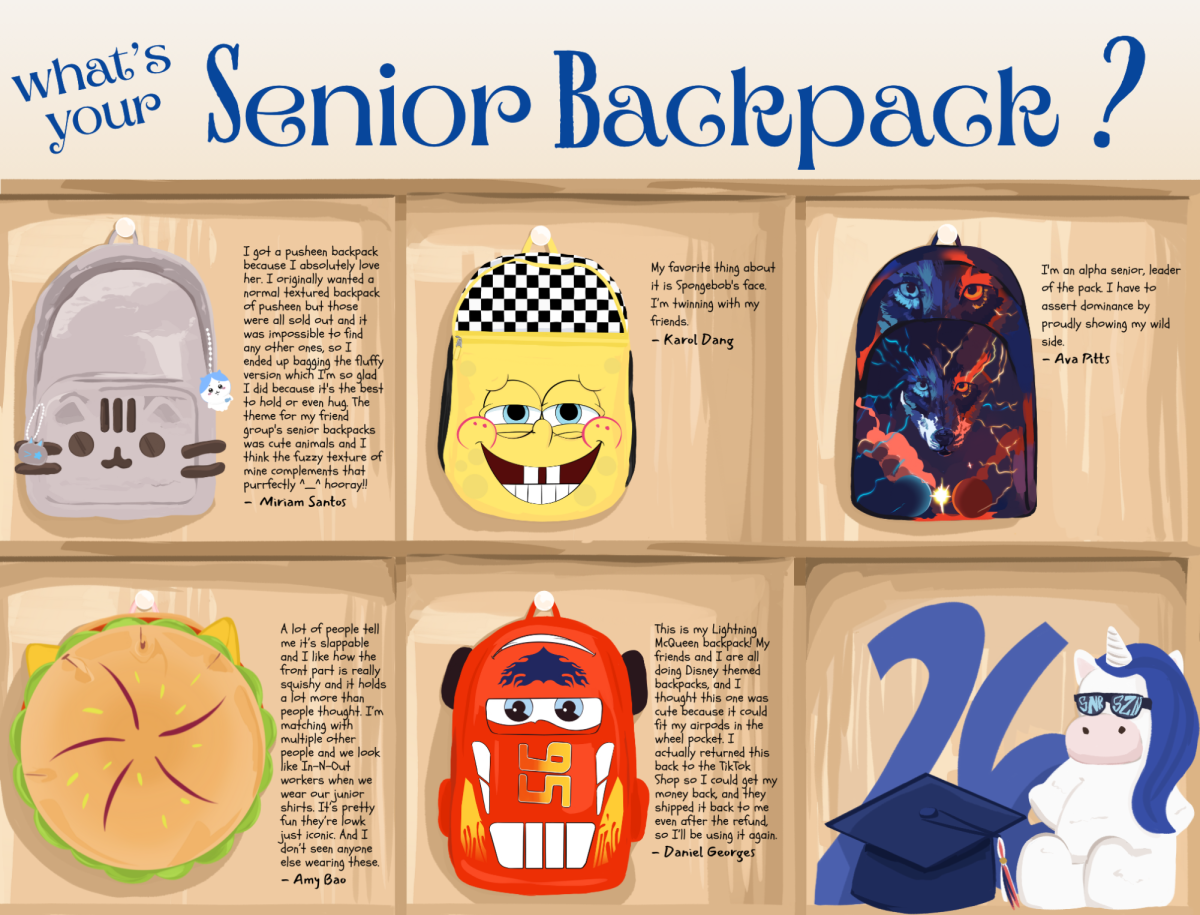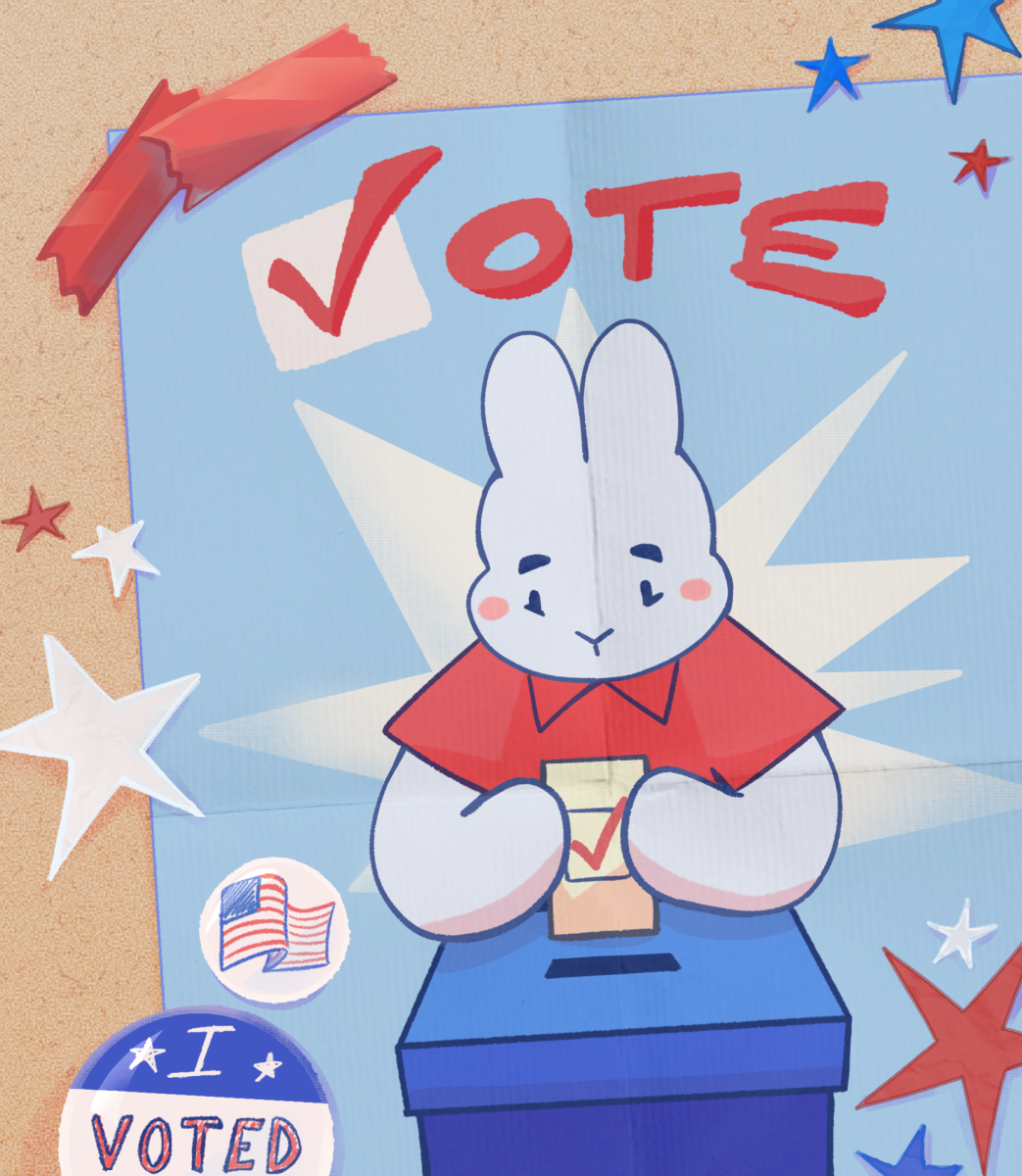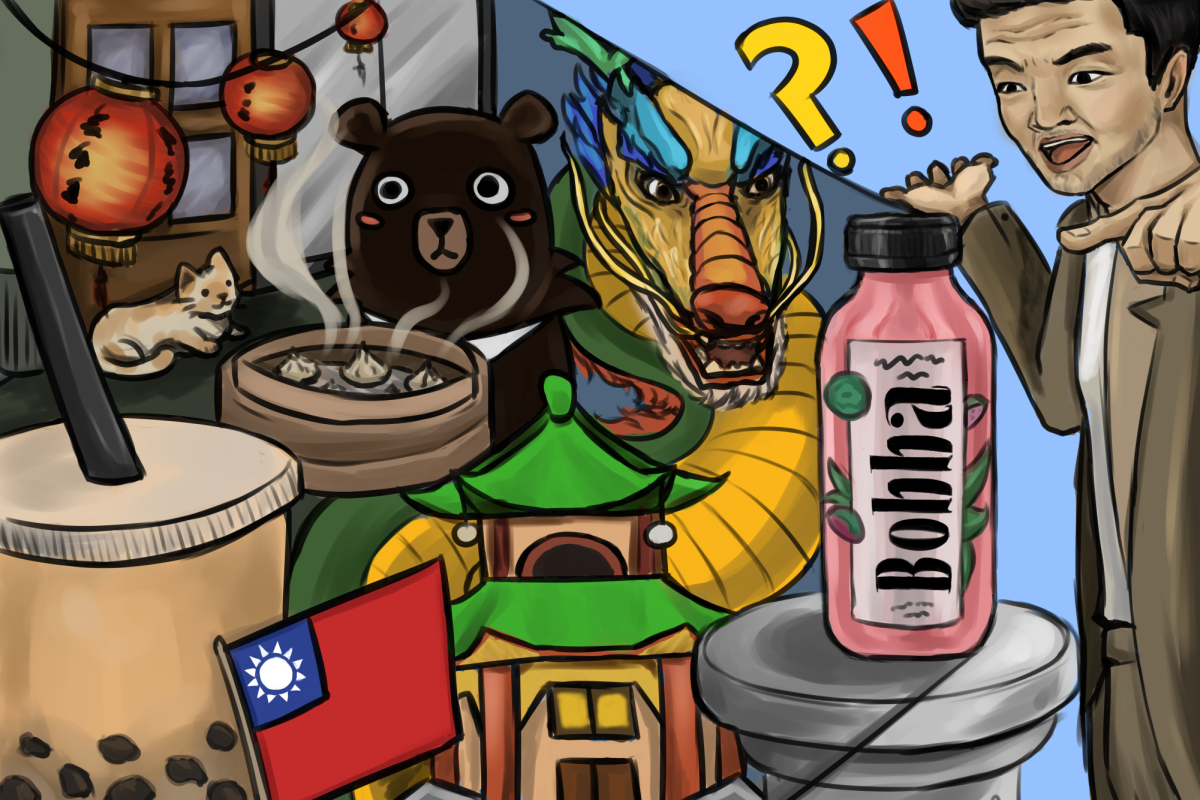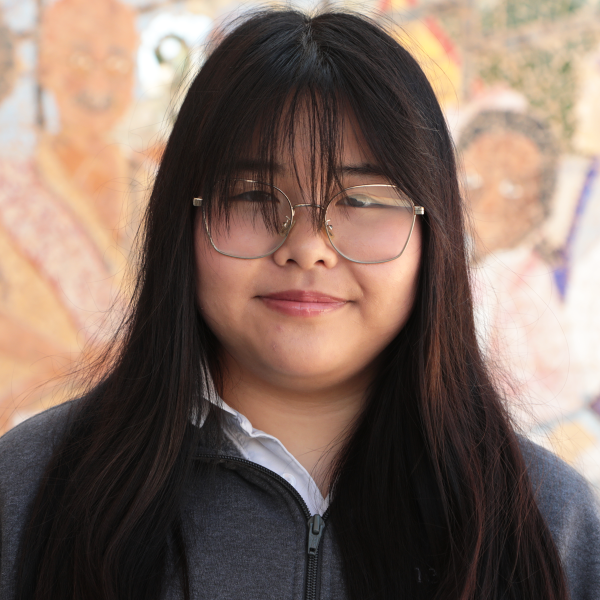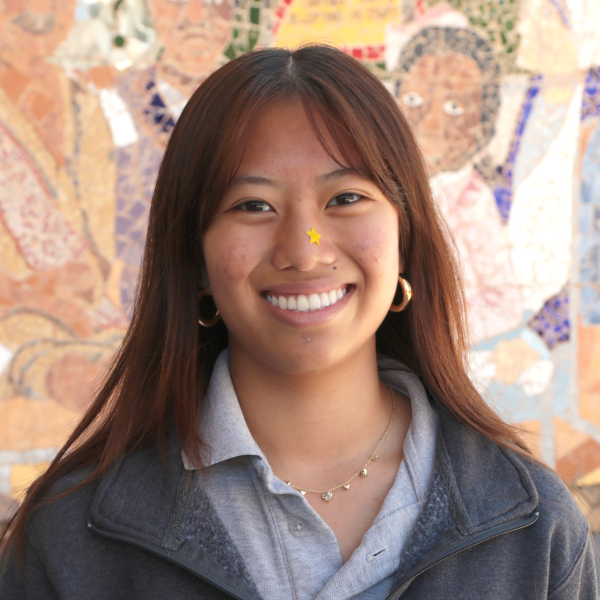The Quebec-based bottled boba company Bobba’s pitch on the entrepreneurial show “Dragon’s Den,” the Canadian version of “Shark Tank,” gained considerable interest, though not as intended.
In the episode, guest host and actor Simu Liu challenged Bobba’s founders, Sébastien Fiset and Jess Frenette, over presenting their product as a healthier, more innovative alternative to traditional boba, raising concerns about cultural insensitivity. Liu’s critique went viral, sparking heated debates over cultural appropriation, highlighting the need to respect marginalized communities’ contributions to foster cultural appreciation.
During the pitch, Liu expressed unease with the brand’s marketing. “There’s the issue of cultural appropriation,” he said, “…of taking something that’s very distinctly Asian in its identity and quote-unquote ‘making it better,’ which I have an issue with.”
His comment followed the founders’ description of boba as a “trendy, sugary drink” that most people are “never quite sure about its content,” which many saw as a microaggression reinforcing stereotypes. In response, the founders insisted that Bobba’s version of bubble tea was “not an ethnical product anymore,” distancing themselves from its rich cultural origins.
The episode swiftly triggered backlash, with many calling Liu “dramatic” and questioning his claim to boba as part of his cultural heritage despite being Chinese-Canadian. However, throughout the pitch, Liu repeatedly specifies Taiwan as the origin of boba. His cultural connection to the drink is rooted in its prominence across East Asia and strong association with North American Asian culture. Moreover, Liu never labeled the act of making by non-Taiwanese people as cultural appropriation — rather, his concern lay in the marketing implying Bobba was “better” while not acknowledging its cultural roots anywhere on the packaging.
Bobba also faced public recoil for profiting off of a trending Asian drink while claiming innovation despite popping and alcoholic boba having existed in Asian spheres for years. Other Dragons, notably Manjit Minhas, Bobba’s chosen investor, were criticized for their snide attitudes towards Simu’s remarks, often interrupting and countering without listening to his points.
While sharing and taking inspiration from different cultures enriches society and isn’t inherently wrong, the main issue was never about who made the drink but claiming superiority over the traditional drink. Furthermore, the pushback against Liu’s valid criticism highlights a pattern of how minority voices are dismissed when speaking up about cultural exploitation, no matter their tone. Whenever people of color raise critiques about cultural insensitivity, they are often labeled as “angry” or “overreacting” to undermine their concerns, stifling necessary conversations.
In the wake of the intense scrutiny, Simu Liu, in a Tiktok video, denounced harassment directed at Bobba’s founders and other Dragons, urging viewers to give grace. Bobba, in an Instagram post, issued an apology recognizing Simu’s concerns and Manjit Minhas posted a video retracting her investment while reiterating her support of accurately sharing cultures.
This controversy underscores the importance of open and civil conversations about cultural insensitivity and listening to diverse perspectives without defaulting to dismissal.



